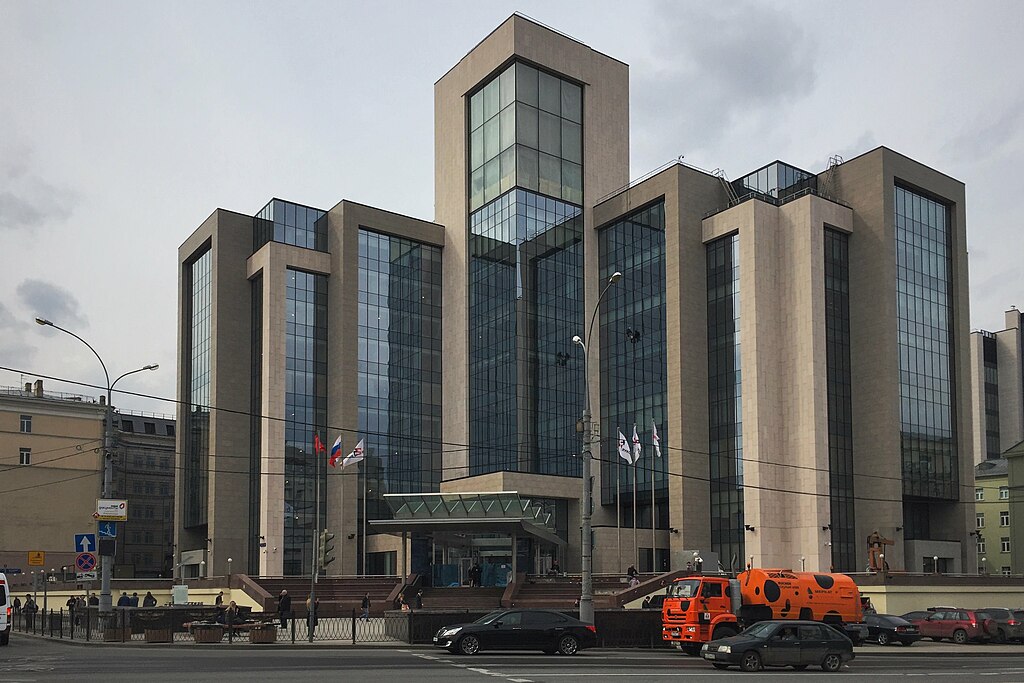The European Union has declined to support Hungary and Slovakia led by Russian-friendly governments in their latest dispute with Ukraine over sanctions on the Russian oil company Lukoil, as reported by the Financial Times.
Hungary and Slovakia, which were granted exemptions from the EU-wide ban on Russian oil imports following Russia's full-scale invasion of Ukraine, sought EU intervention after Kyiv's decision to stop the transit of Lukoil products from Russia through the Druzhba pipeline across the Ukrainian territory. The two countries claim this move could reduce their oil supplies.
In response, Hungary and Slovakia wrote to the European Commission, requesting consultations under the EU's trade deal with Ukraine. However, EU Trade Commissioner Valdis Dombrovskis told the Financial Times that Brussels would need more time to gather evidence and assess the legal situation.
At a meeting of trade officials from member states on 24 July, 11 countries supported Dombrovskis' view, with none siding with Budapest and Bratislava, according to three diplomats who spoke to the FT. One diplomat mentioned that the Ukraine trade agreement includes a security clause that might allow for the disruption of supplies.
Ukraine maintains that the same amount of oil is flowing through the pipeline as before, thanks to other Russian companies. However, the potential impact on Slovakia and Hungary could be significant. Russian oil comprises 35-40% of inputs at Slovakia's only refinery, while Lukoil supplies account for around 25-30% of Hungary's oil imports.
Related:
- Slovakia’s Fico criticizes Ukraine’s oil transit ban in call with Shmyhal
- Sanctioned Russian billionaires continue to profit despite restrictions
- ISW: Hungarian PM Orbán “appears to be augmenting” Russian info ops
- Slovakia and Hungary say Ukraine suspended transit of oil from Lukoil
- Reuters: US sanctions force Lukoil refinery to cut production by 40%




